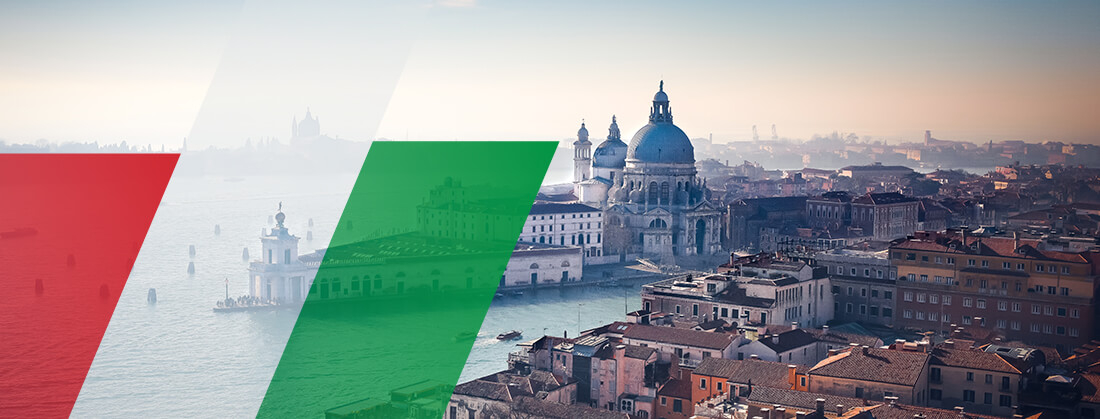Having an overseas degree has turned into a dream and mission for several Indian students, with Ireland fairly being one of their choices of destinations. Being an English-speaking country gives Ireland an academic ambience full of credibility and exposure to international opportunities. Once you decide to study in Ireland, the next step is to get aware of the process of the visa application. This blog serves as your road map, explaining every piece of information, regarding applying for a study visa in Ireland as an Indian student.
Understanding the Ireland Study Visa for Indian Students
Indian students planning to study the course that lasts longer than 3 months, should apply for the long-stay “D” visa. This, Study in Ireland visa, is compulsory to study full-time at either undergraduate, postgraduate, or doctoral levels. The travel document allows students to enter and register with the local immigration authorities to stay till the course is completed.
Preparing Your Documents
An Ireland study visa for Indian students needs to have perfect documentation. Any lack, mismatch, or inaccuracy is a ground for outright rejection, so careful thoroughness is the key to a high Ireland student visa success rate.
Required Documents:
- A valid passport (valid for at least 12 months on arrival).
- Acceptance letter from a recognized Ireland educational institute.
- Receipt or proof of payment of the tuition fees, or a letter of scholarship.
- Evidence of having sufficient funds (evidence of having over €10,000 in your account as funds for the first year of living expenses).
- Medical or health insurance from an approved company.
- Academic transcripts and certificates.
- A certificate of English-language proficiency (IELTS, TOEFL, or PTE).
- A detailed statement giving the purpose of your study and your plans to return after completion.
- Police clearance certificate (if necessary).
It is necessary to have each document scanned, and translated into English (if in another language), per the regulations of the Irish Naturalisation and Immigration Service (INIS).
Financial Requirements and Visa Cost
The financial capability of the applicant is among the most vital factors in getting your visa approved. The applicant must prove their ability to pay tuition and living expenses for the duration of their stay. These can be in the form of bank statements, fixed deposits, or letters of education loans from recognized banks.
The Ireland study visa cost for an Indian applicant at present is €60 for a single-entry visa and €100 for multiple-entry visas. However, these fees will not be refunded if your visa is refused. In addition, you may also need to consider charges regarding document translations, courier services, and other administration costs.
How to Apply?
The visa application is applied online through AVATS, the official visa application portal. Once the online form has been completed, a summary sheet is generated which needs to be printed, signed and submitted with your documents to the Irish Visa Office or Embassy. You will be required to submit biometric data for your application.
After the final review and approval of your documents, you will be contacted via email or the embassy/consulate informing you of the decision. The processing time varies, but they generally last between 4 to 8 weeks, depending on the season and the number of applications.
After You Receive the Visa
Once your Study in Ireland visa is granted, you can enter Ireland one month before the beginning of your course. Within 90 days of entering the country, register with the immigration body in Ireland (GNIB or ISD, depending on which part of the country you land). This gives you a permit to stay in Ireland as a student.
You will be given an Irish Residence Permit (IRP), which must be renewed every year. Keeping these records up to date is important, to ensure that your address and contact details are correctly registered.
Work Rights and Stay Back Options
Indian nationals holding a valid study visa in Ireland may work part-time up to 20 hours per week during the academic term and full-time up to 40 hours during holidays. Hence, students earn work experience as well as help in sustaining themselves financially.
Ireland then allows a stay-back option of two years, depending upon the qualification, under the Third Level Graduate Scheme after finishing the degree.
Conclusion
The visa approval rate in Ireland stays fairly high for Indian students fulfilling the qualifications and documentation requirements. The Ireland student visa success rate is stable due to transparency and Ireland’s welcoming stance for international students. However, things like incomplete documentation, inadequate funds, or vague study plans might end up rejecting you for the requirements. Along with this, it is advisable to start the application at least 3–4 months before the course starts so that there are no last-minute complications and the process runs smoothly.









